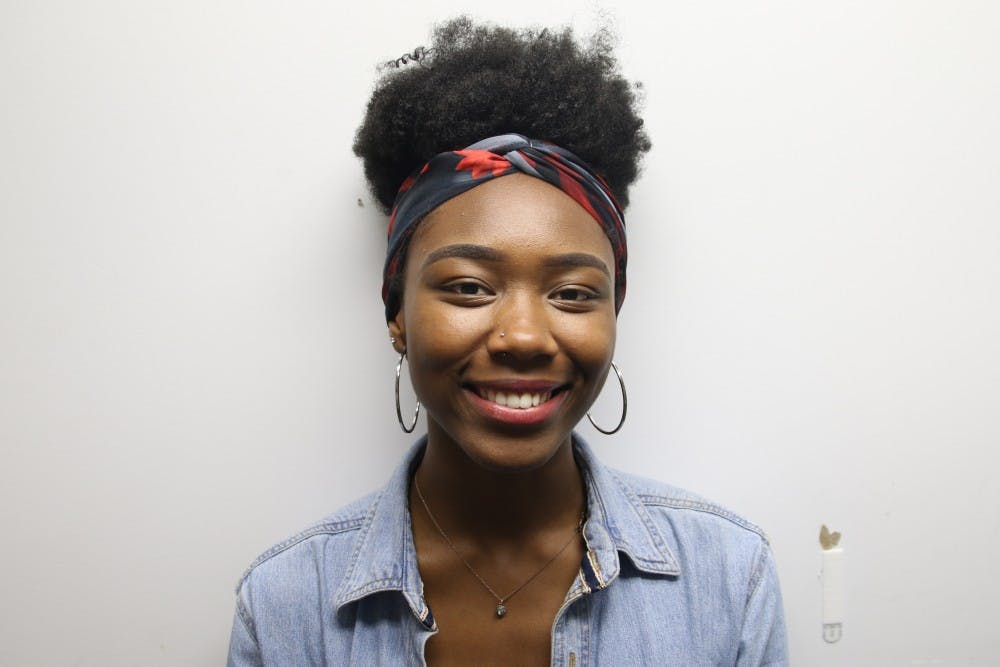September is National Suicide Prevention Awareness Month.
While I am grateful for efforts to bring awareness and spread resources, the conversation around this topic always feels incomplete to me.
It seems the mainstream dialogue prefers to tip-toe around “uncomfortable” but necessary connections to understand the intersecting trajectory of systematic oppressions and poor mental health.
Although mental illness is not the only factor that can lead to suicide, and not everyone with a mental illness has suicidal ideations, the National Alliance on Mental Illness reports that 90 percent of those who died by suicide suffered from a mental illness.
What is “uncomfortable” is getting some people to comprehend that if you are born with a particular shade of skin, ethnic background, socioeconomic status, sexuality, gender or geographic location, statistics for mental health start to show diverging patterns.
For example, Black Americans are 20 percent more likely to experience serious mental illnesses including PTSD and depression compared to the general population.
Native Americans use and abuse substances at higher rates than any other ethnic group and experience victimization at 2.5 times the rate of White Americans.
LGBTQ individuals are three times more likely to have major depression or an anxiety disorder compared to their heterosexual counterparts.
In addition, multiple studies have found a strong negative correlation between socioeconomic status and mental health.



